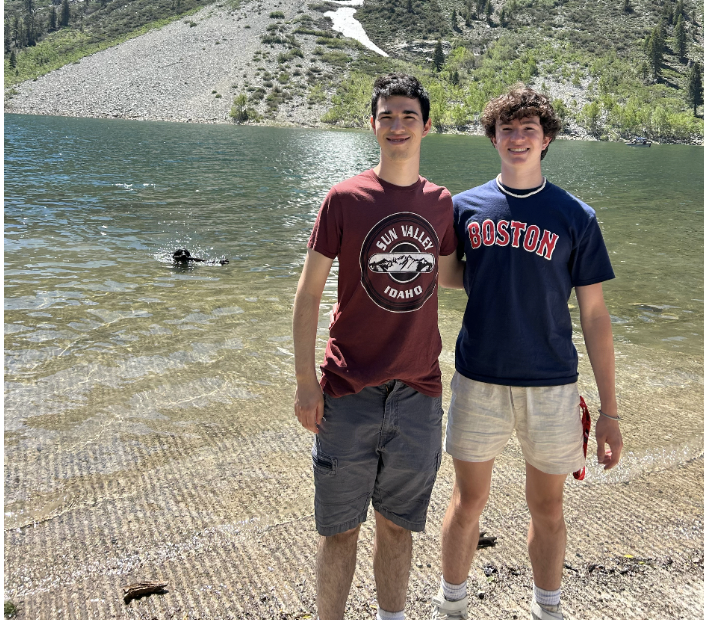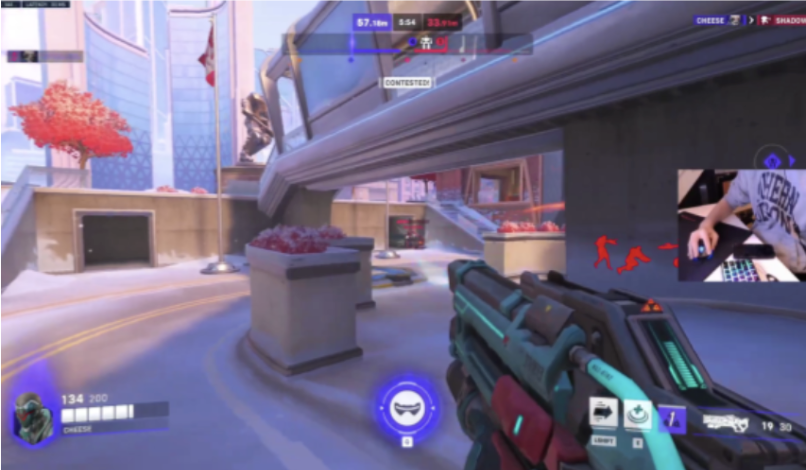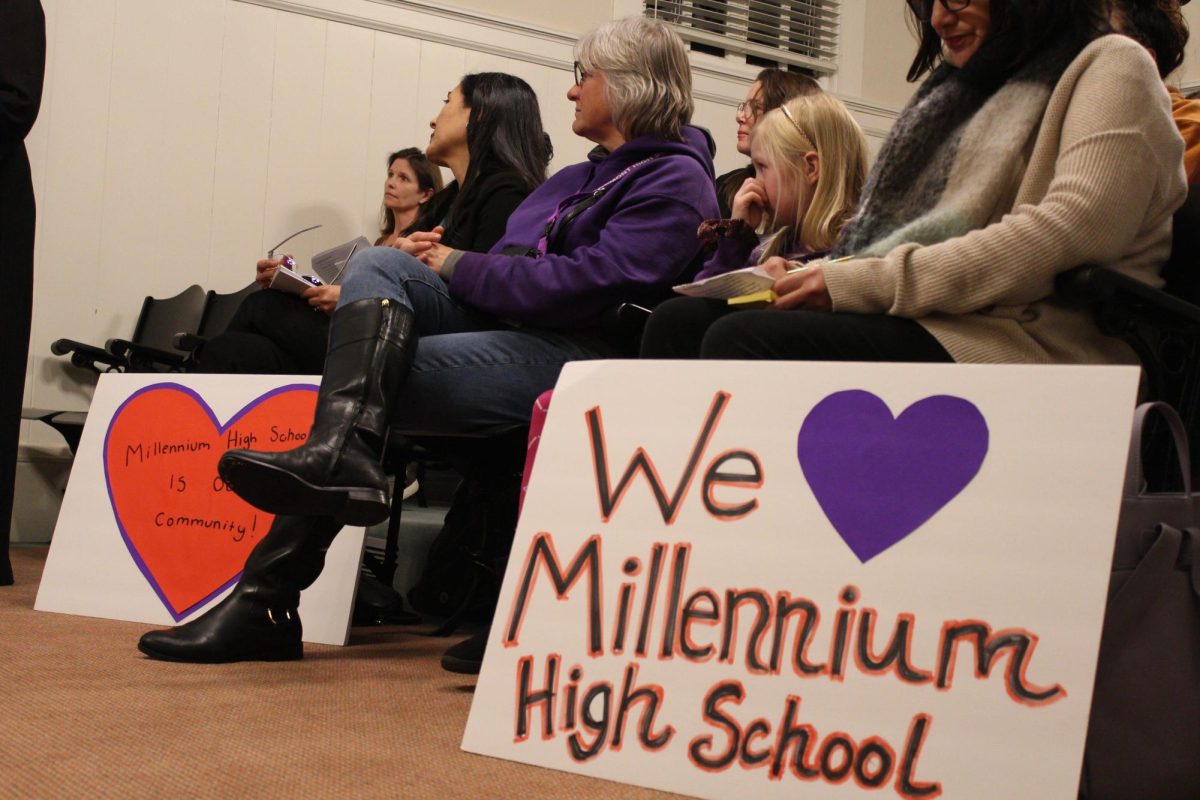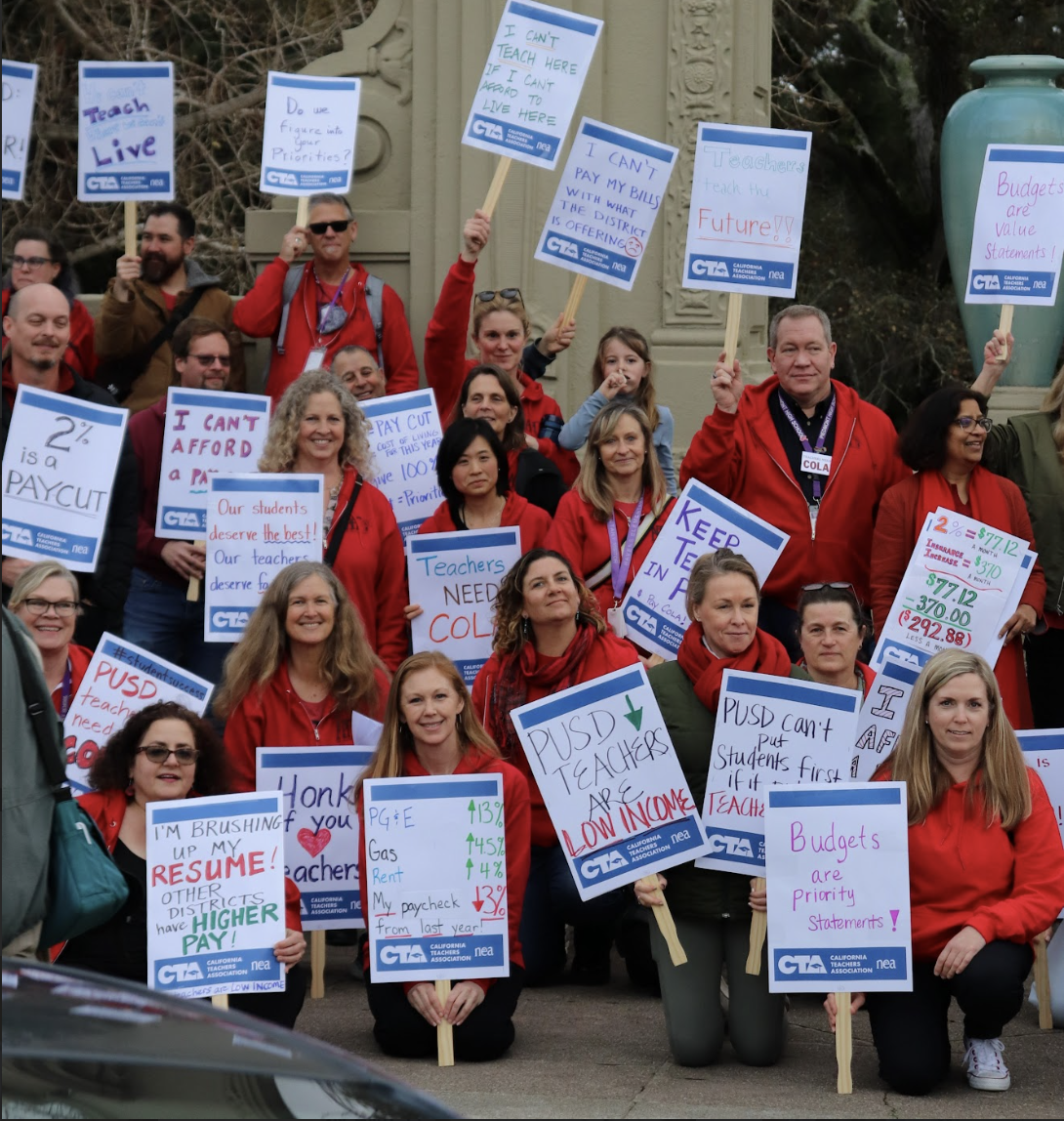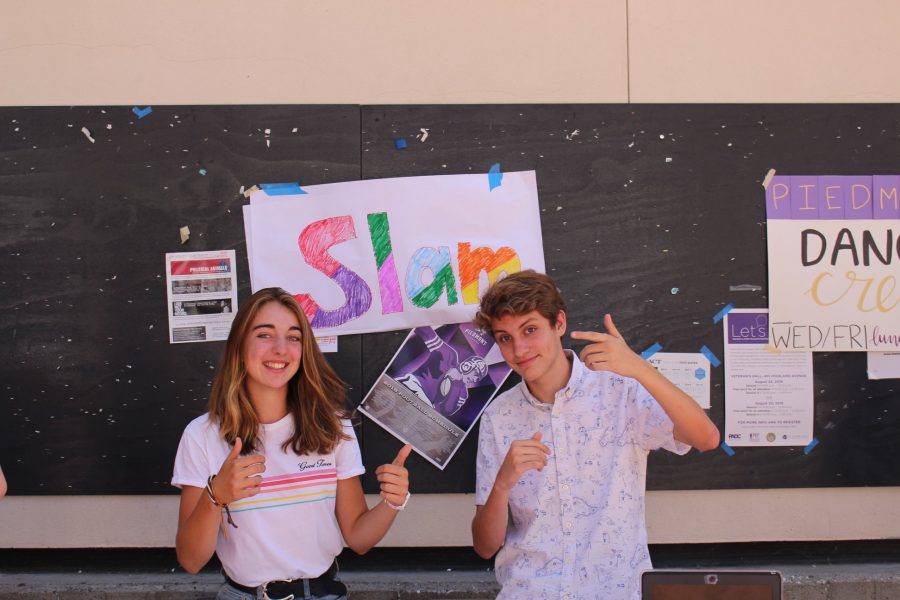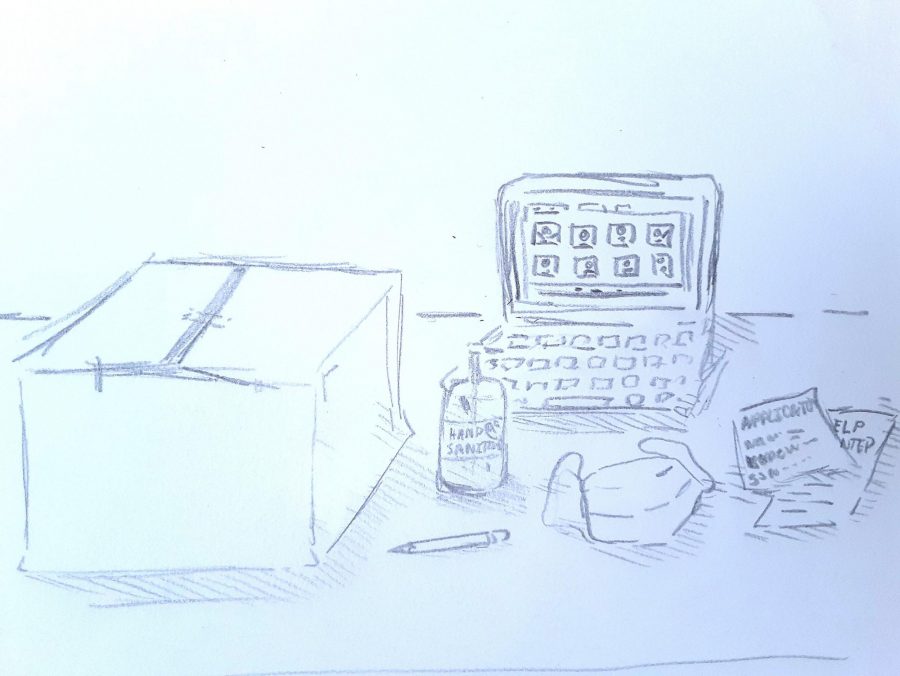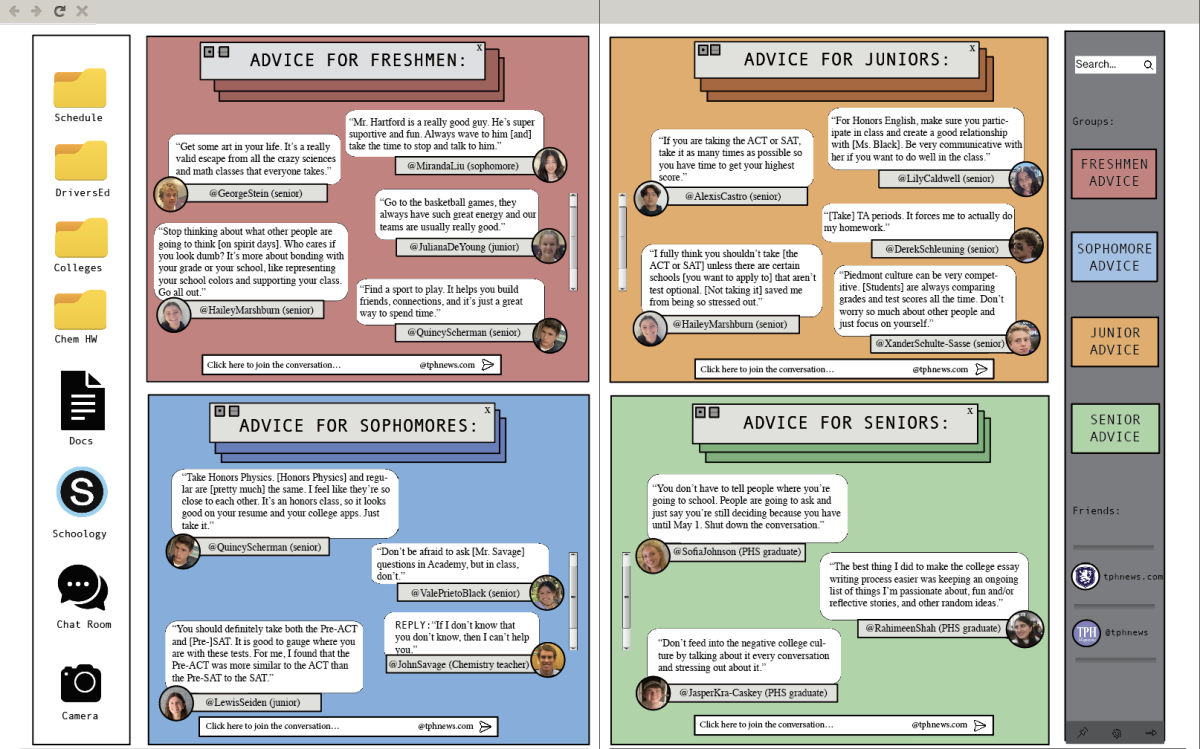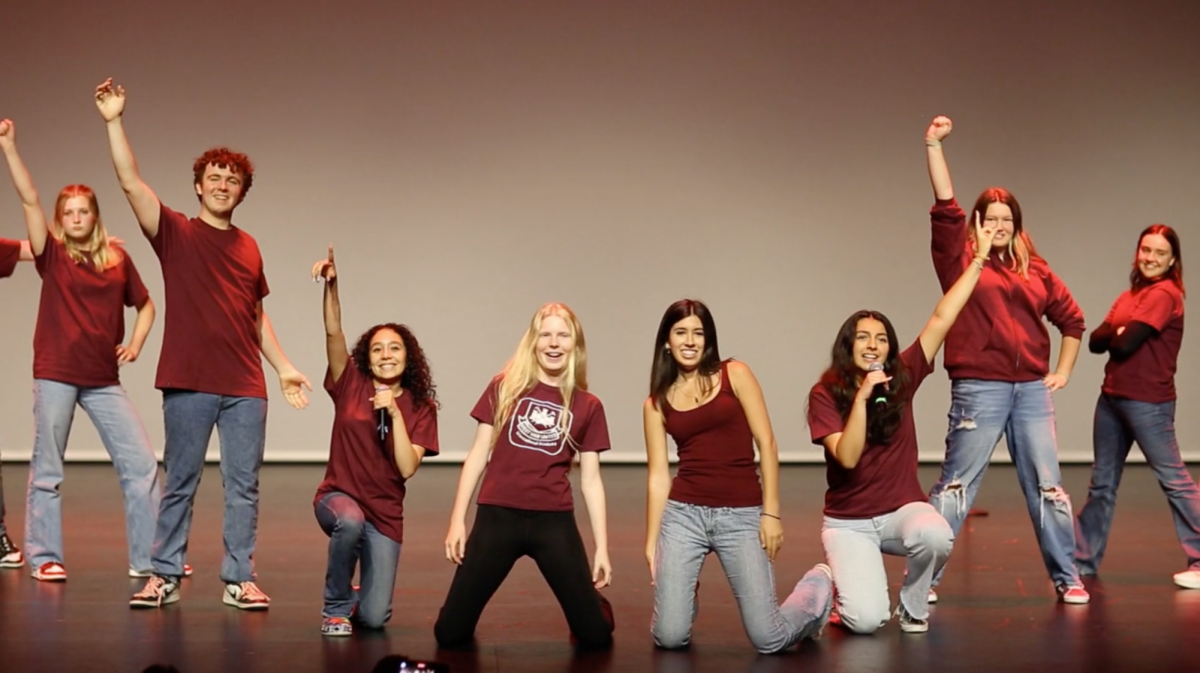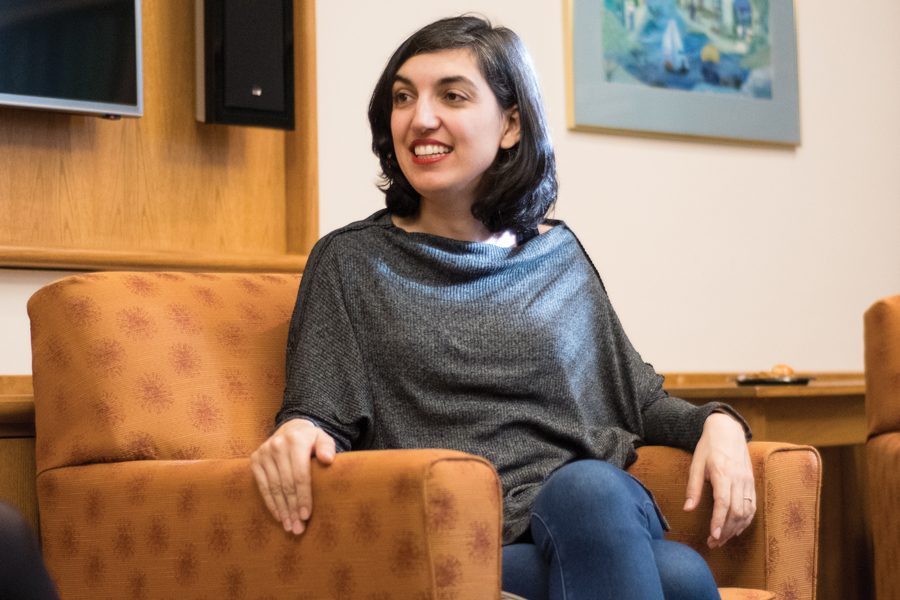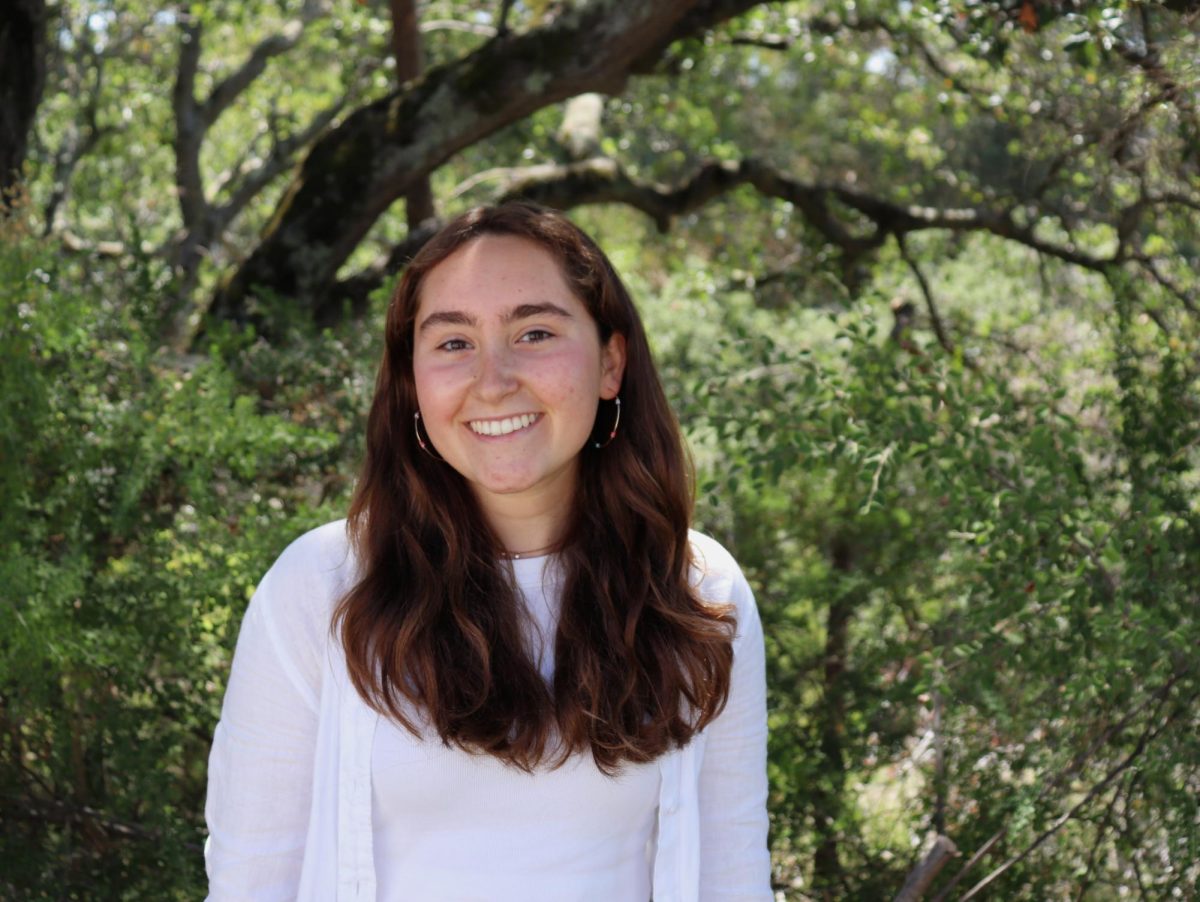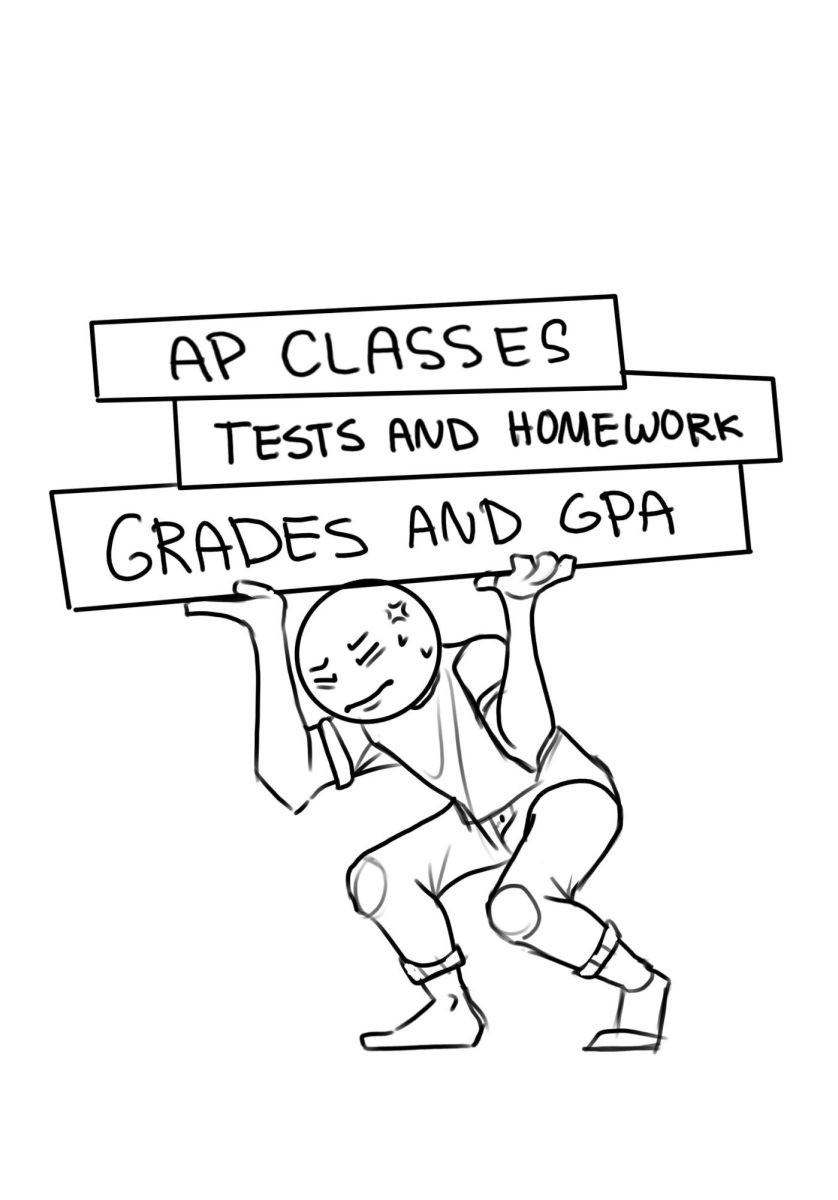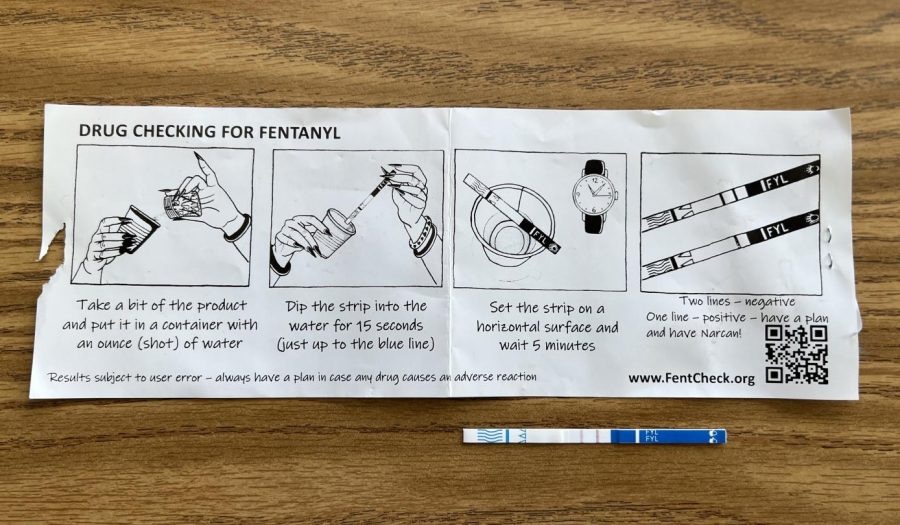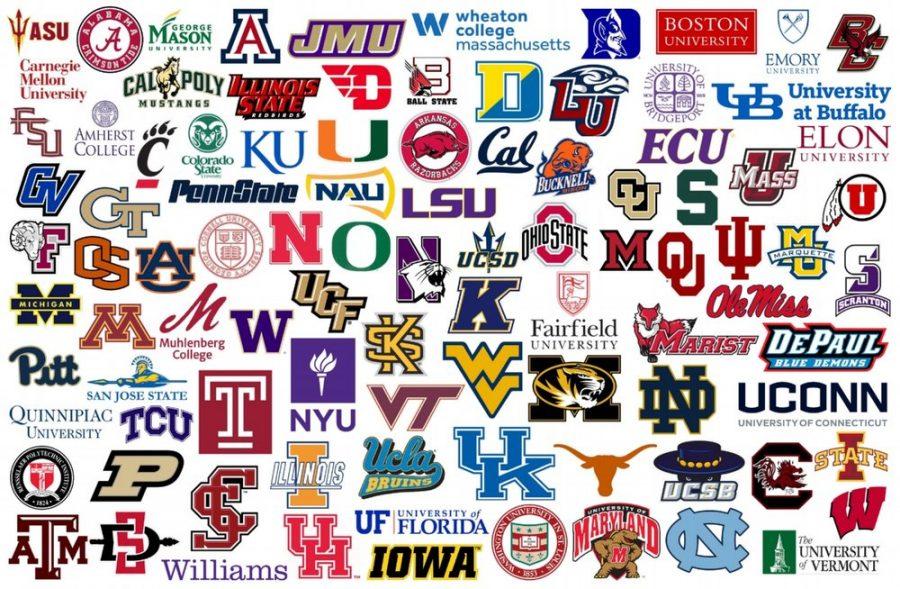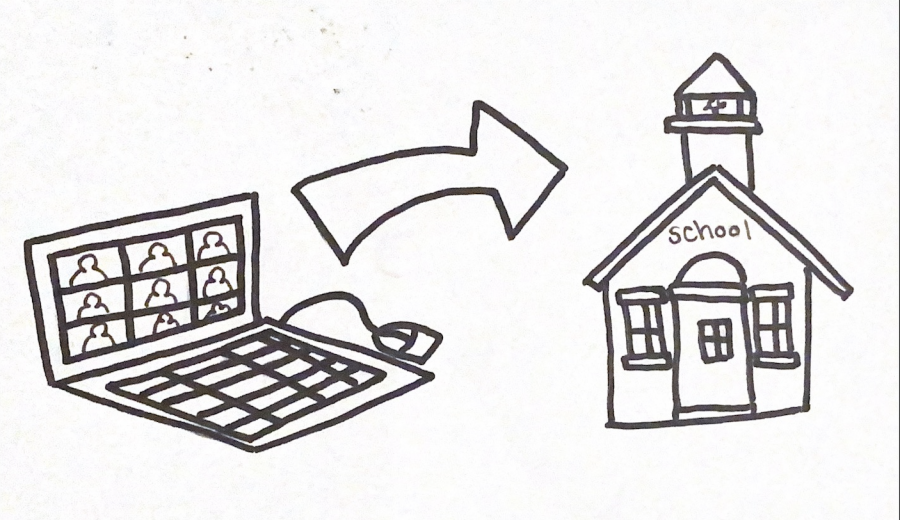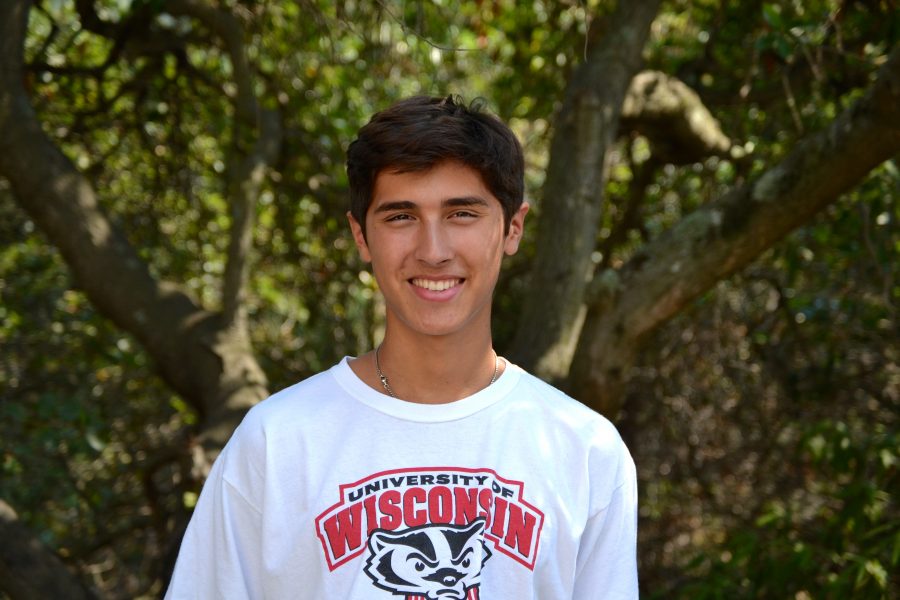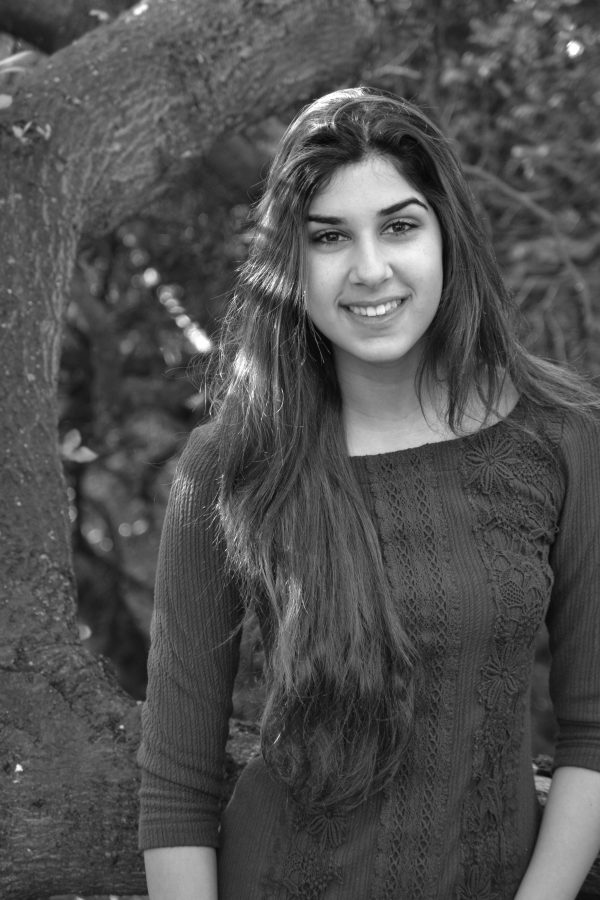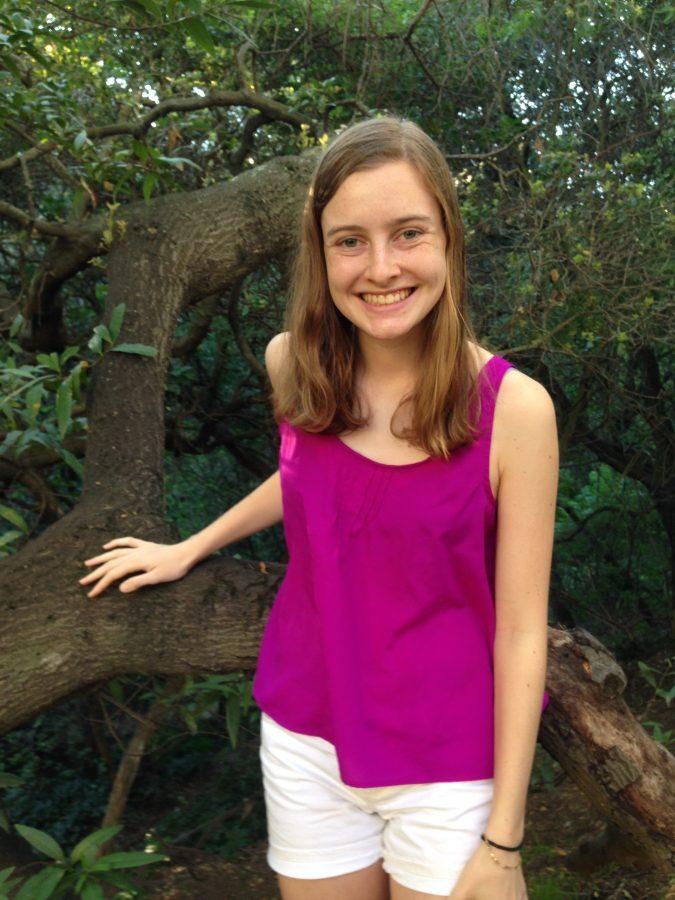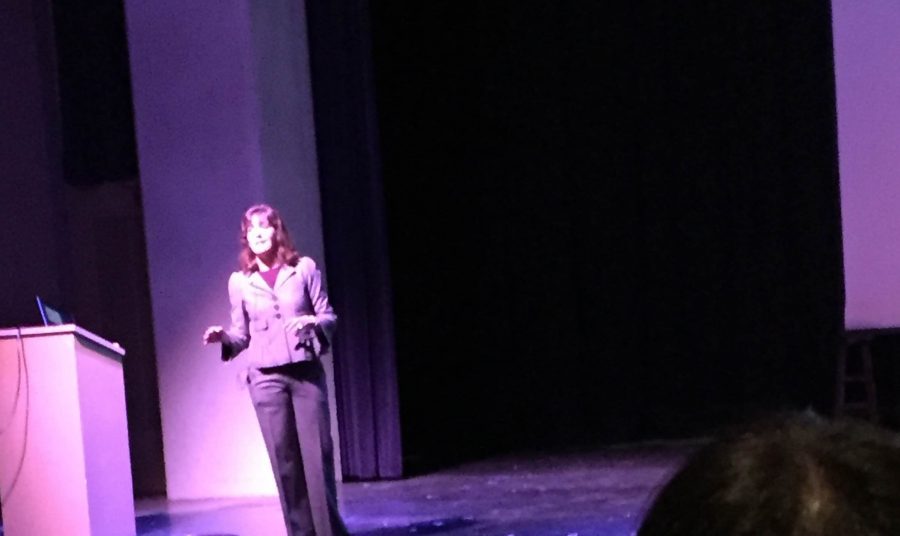Stanford lecturer and Challenge Success co-founder Denise Pope spoke at PHS on Jan. 19 as part of the Education Speaker Series. Her talk, entitled “The Well-Balanced Student,” focused on parenting techniques that promote a balanced schedule within the lives of middle and high school students.
To begin her talk, Pope asked the audience to call out their definitions of success, which included adjectives like “happy,” “fulfilled” and “engaged.” In contrast to these answers, which Pope said are typical of parent audiences, most high schoolers in high achieving schools and communities like Piedmont answered with external qualities like “getting good grades,” “going to a good college” and “making lots of money.”
This mentality and Pope’s scientific observations of high school students paved the way for the Challenge Success Program, named because it strives to encourage students to challenge conventional definitions of success, Pope said.
Part of the program involves surveying middle and high school students on their schedules, sleep habits, health and attitudes towards school.
For high schoolers, the average amount of sleep per night is 6.84 hours, while the recommended amount is 9 hours.
“If you are exhausted, there are a lot of things not happening,” Pope said.
Specifically, sleep deprivation negatively affects puberty, brain development, short and long term memory and academic performance. It has also been linked to obesity, anxiety and depression, and drowsy driving is another significant safety concern, Pope said.
“I actually had a friend in high school who was in a very bad car accident because she fell asleep at the wheel,” said Piedmont parent and PMS teacher Karen Bloom. “She would never drink and drive…but she didn’t think twice about being tired.”
Bloom said that her biggest takeaway was that her tenth grader needs more sleep. Pope said this multiple times throughout the lecture, and she also discussed the ways in which Challenge Success is working to promote healthier students and school environments.
PHS, MHS and PMS have partnered with Challenge Success, and as part of the program the schools are now examining homework in order to promote assignments that fit Pope’s initialism, MVP, which stands for “meaningful, valuable and purposeful.”
Only 20 to30 percent of students surveyed, both in Piedmont and beyond, said that their homework assignments fit into one of these three categories.
Pope said that she and her colleagues have noticed this shift among Stanford students over the past ten years. Pope said that the head of the Computer Science Department used to have students come up to him asking for help on the computer programs they were excited to write. Now, the students ask him what project they should undertake to get an A, Pope said.
After presenting these anecdotes and data on the schedules of middle and high school students, Pope said that she does believe it is possible to have a healthy and balanced lifestyle in a twenty-first century environment.
“Balance is not static,” Pope said. “It’s dynamic. If I were to stop thinking about it, I would fall off this [metaphorical] surfboard.” 
To achieve this balance Pope recommended following the initialism PDF — playtime, downtime, family time. For most middle and high school students, playtime is social, and Pope said that parents should encourage face to face communication in order to best fulfill this category.
Preserving unstructured time is also essential to maintaining balance, especially for middle schoolers, who truly need 15, 20 or 30 minutes of downtime to unwind from their school days, Pope said.
“This idea that we have to be productive 24/7 is what really harms our kids,” Pope said.
The third recommendation, family time, characterizes a safe space where kids know that they are unconditionally loved, she said.
“Dinner time is magical,” Pope said. She said that family dinners should happen at least five times per week and should entail at least 25 minutes of uninterrupted conversation between everyone who lives in the house.
Another important component to raising a well balanced student is for the parents to examine their subtle messages.
“When you walk in the door and the first thing you say is ‘How’d you do on the history test?’ you’re saying that grades are all you care about,” Pope said. “What we are forgetting is that academics is one very small part of what you need to learn before you’re 18.”
PHS and PMS parent Liz Epstein attended the topic because she was concerned that the educational program is a mismatch with real learning and cognitive development needs, and she was hoping to hear ideas for how she and the district could rectify this.
“[My biggest take-away] was the need to help create time for learning relaxation and exploration outside school and homework,” Epstein said.



